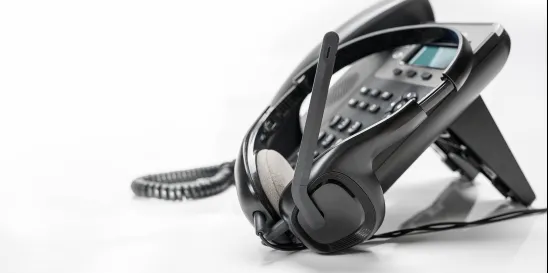On Monday the Governor of Maine signed into law LD 2234, which requires the use of the RND. The new law will amend section 1499B and add a new definition. This bill will be effective 90 days after the legislative session ends which puts us at July 16th, 2024. See below.
Adds the definition
D-2. “Reassigned numbers database” means a database created and maintained by the Federal Communications Commission that identifies whether a telephone number has been reassigned.
Amends section 6 in two parts:
Telephone solicitation violations. It is a violation of this section for a telephone solicitor to initiate a telephone sales call to a consumer if that consumer’s telephone number has been on the national or state do-not-call registry, established by the Federal Trade Commission, for at least 3 months prior to the date the call is made or to fail to use the reassigned numbers database to verify that a consumer’s telephone number has not been reassigned prior to initiating a telephone sales call to that consumer. A telephone solicitor is not liable for violating this section if the telephone solicitor can demonstrate that:
A. As part of the telephone solicitor’s routine business practice, the telephone solicitor has established and implemented written procedures to comply with this section;
B. As part of the telephone solicitor’s routine business practice, the telephone solicitor has trained its personnel, and any entity assisting in its compliance, in the procedures established pursuant to paragraph A;
C. As part of the telephone solicitor’s routine business practice, the telephone solicitor or another person acting on behalf of the telephone solicitor has recorded and maintained a list of telephone numbers the telephone solicitor may not contact;
D. As part of the telephone solicitor’s routine business practice, the telephone solicitor uses a process to prevent telemarketing to any telephone number on any list established pursuant to paragraph C or on the national do-not-call registry, employing a version of the national do-not-call registry obtained from the Federal Trade Commission no more than 31 days prior to the date any call is made, and maintains records documenting this process;
E. As part of the telephone solicitor’s routine business practice, the telephone solicitor or another person acting on behalf of the telephone solicitor monitors and enforces compliance with the procedures established pursuant to paragraph A; and
E-1. As part of the telephone solicitor’s routine business practice, the telephone solicitor or another person acting on behalf of the telephone solicitor uses the reassigned numbers database to verify that a consumer’s telephone number has not been reassigned prior to initiating a telephone sales call to that consumer; and
F. Any subsequent call otherwise violating this section is the result of error.
The use of the RND is coupled with the DNC requirements and there are a few limited exemptions offered.
Jumping to Wisconsin the Governor signed into law SB531 Wednesday which amends and adds to the current requirements around caller identification such as spoofing, blocking, and misleading or inaccurate caller ID during a telephone solicitation. The changes are summarized below.
- Cannot block the transmission of caller ID
- Cannot knowingly transmit misleading or inaccurate caller ID, except when transmitted on behalf of a seller and the number displayed can be called for DNC requests during regular business hours.
- Cannot knowingly transmit misleading or inaccurate caller ID with the intent to defraud or obtain anything of value including personally identifiable information.
Violation of these can carry a penalty from $100 to $10,000 per each violation. This will become effective the first day of the 13th month beginning after publication, so most likely around April 1st of 2025.
Make sure you keep the state’s new regulations on your radar when assessing how they may affect your business practices along with all of the other changes in the industry.




 />i
/>i

